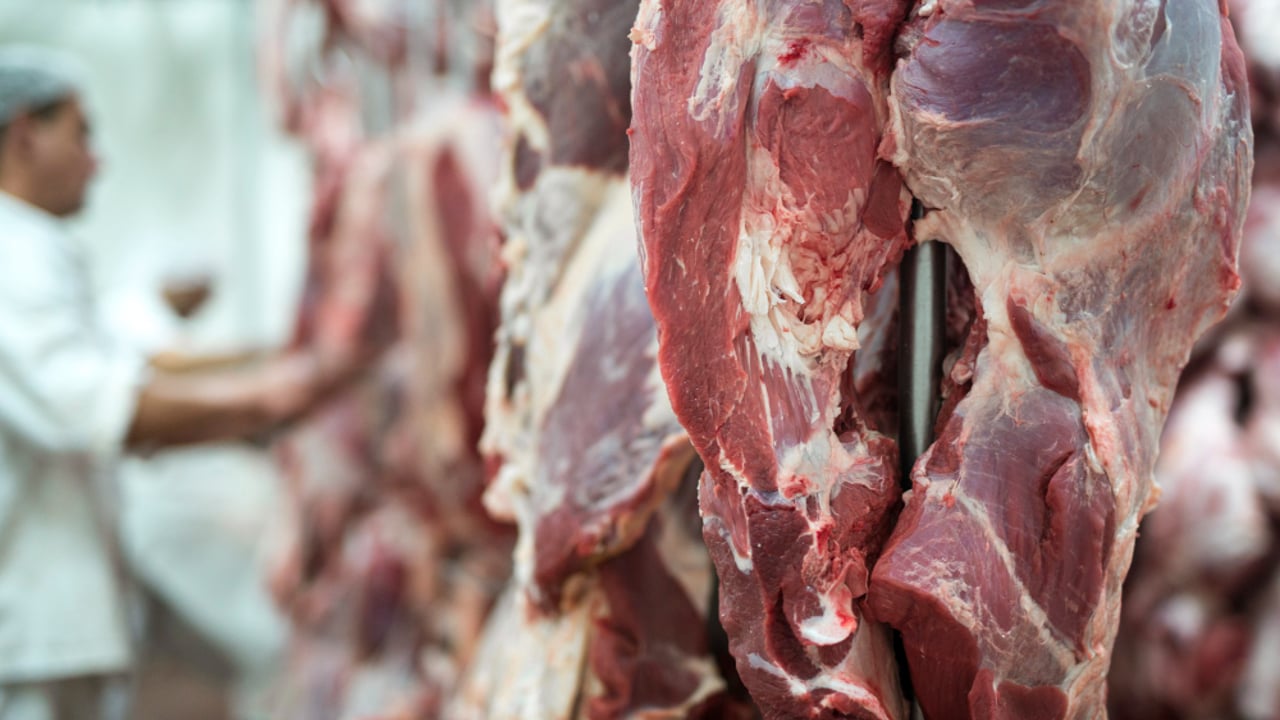FSAI: Butcher among 10 closure orders served in July
A butcher shop in Co. Laois was listed among 10 closure orders - and 11 enforcement orders overall - served by the Food Safety Authority of Ireland (FSAI) in July, the authority has confirmed.
In a statement today (Monday, August 9), the FSAI said that 10 closure orders and one improvement order were served on food businesses during the month of July for breaches of food safety legislation.
The enforcement orders were issued by environmental health officers in the Health Service Executive (HSE).
The butcher in question, Universal Food Store Limited, had its butcher counter, including the coldroom, closed off as part of the order served on it, the authority notes.
Reasons for the closure order included five contraventions of regulations including: dirty conditions in the rear entrance lobby, wash-up area and butcher counter area; flies noted in all sections; a dirty mincing machine and shelving; and a food worker present who "did not demonstrate any knowledge of food hygiene and safety".
Seven closure orders was served under the European Union (Official Controls in Relation to Food Legislation) Regulations, 2020 on:
Three closure orders were served under the FSAI Act, 1998 on:
Finally, one improvement order was served under the FSAI Act, 1998 on Rico’s of 26 Richmond Street South, Dublin.
Some of the reasons for the enforcement orders in July include: rodent droppings where food, food preparation equipment and food packaging materials were stored; open bins filled with meat and surrounded by flies; and food debris and grease on equipment and surfaces.
Other reasons comprised: aprons caked with blood and dirt; flies observed on sandwich preparation board; wet and dirty clothes strewn around a kitchen; internal fridges caked in food grime; no traceability information available to verify where food had originated; and inadequate pest control.
Commenting, FSAI CEO Dr. Pamela Byrne expressed particular concern over the large number of enforcement orders in July and emphasised that food businesses have a responsibility to maintain clean and hygienic premises.
“It is essential for food businesses to understand the importance of food safety and encourage good food safety practices among their staff, particularly through ongoing staff training," she said.
"It is clear that some food businesses are not complying with the law and are potentially putting their customers’ health at serious risk,” said Dr. Byrne.





